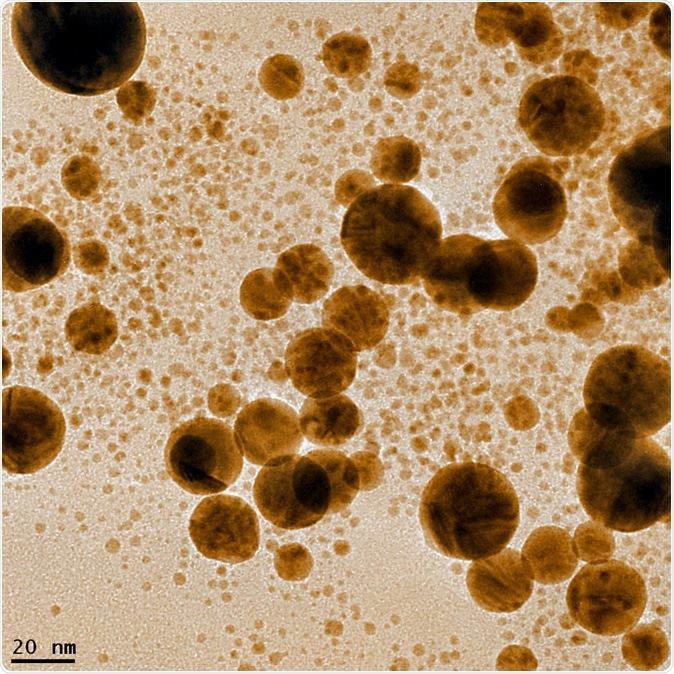Australian researchers have found that cells containing cancer could soon be detected using a simple test. The test could one day change how cancers are diagnosed, the team says. The results of the study to develop the test were published in the journal Nature Communications.
Cancer cells in their early stages have certain DNA signatures, the team noted that make them unique. They said that the DNA from different types of cancers contain signatures which could act as cancer markers. They add that the team is developing the test so that it could be used for screening of cancers especially in early stages.
Researchers at the University of Queensland have developed a simple test to see if there are DNA changes in the cells from blood and biopsy tissue. Matt Trau, one of the researchers, said that it was difficult to find a “simple marker” that could differentiate between cancer cells and healthy cells. He said, “We never thought this would be possible, because cancer is so complicated.” He said that they initially believed that each cancer would need a separate test for detection. The team then noted that this novel marker was present in all types of breast cancer, colorectal or bowel cancer, prostate cancer and lymphomas.
Prof Trau said the results “stunned” them and they realized that this was a “general feature for all cancer.” Trau explained that they relied on epigenetics and found that there were changes in the DNA that could control the functions of the cells. “Usually, the approach to find cancer markers … is to look at the sequence of DNA,” he explained. For this test, he said, they looked at patterns of methyl groups over the DNA. These groups act as switches that switch the genes on and off and are called epigenomes. They are instructions that control the expressions of the genes.
The team found that in the healthy cells these methyl groups are spread across the genome. Among the cancer cells they noted that the methyl groups are in clusters at specific regions. Trau said, “Virtually every piece of cancerous DNA we examined had this highly predictable pattern… If you think of a cell as a hard-drive … the epigenome is sort of like the apps the cell is running at any one moment. It seems that to launch cancer, you have to run a series of genetic apps.” The test would help the scientists detect the cancer cells by identifying these patterns of spread of the methyl groups or the epigenetic patterns.
The team used cancerous DNA molecules and placed it in a chemical solution that let it to fold in complex 3D structures. These complex structures depending upon the epigenetic pattern would then stick to gold nanoparticles used for the test. This changes the colour of the solution containing the nanoparticles and this change can be detected with the “naked eye” said Trau. The team tested the test on 200 samples of cancer cells and found that the test was accurate in 90 percent cases. The test however can detect only the presence of the cancer and not the site of the cancer, stage of the cancer or the type of the cancer.

Gold nanoparticles produced by laser ablation in heavy water. Scale bar denotes twenty nanometers (20 nm). Image Credit: Georgy Shafeev / Shutterstock
“A major advantage of this technique is that it is very cheap and extremely simple to do, so it could be adopted in the clinic quite easily,” said Laura Carrascosa, a researcher at the University of Queensland. She said, “Our technique could be a screening tool to inform clinicians that a patient may have a cancer, but they would require subsequent tests with other techniques to identify the cancer type and stage.”
The study was funded by the National Breast Cancer Foundation and was supported by University of Queensland’s commercialisation company UniQuest which is helping develop the technology. Professor Trau said that the next step would be to start clinical trials to hone the test. “We certainly don't know yet whether it's the holy grail for all cancer diagnostics, but it looks really interesting,” he concluded.